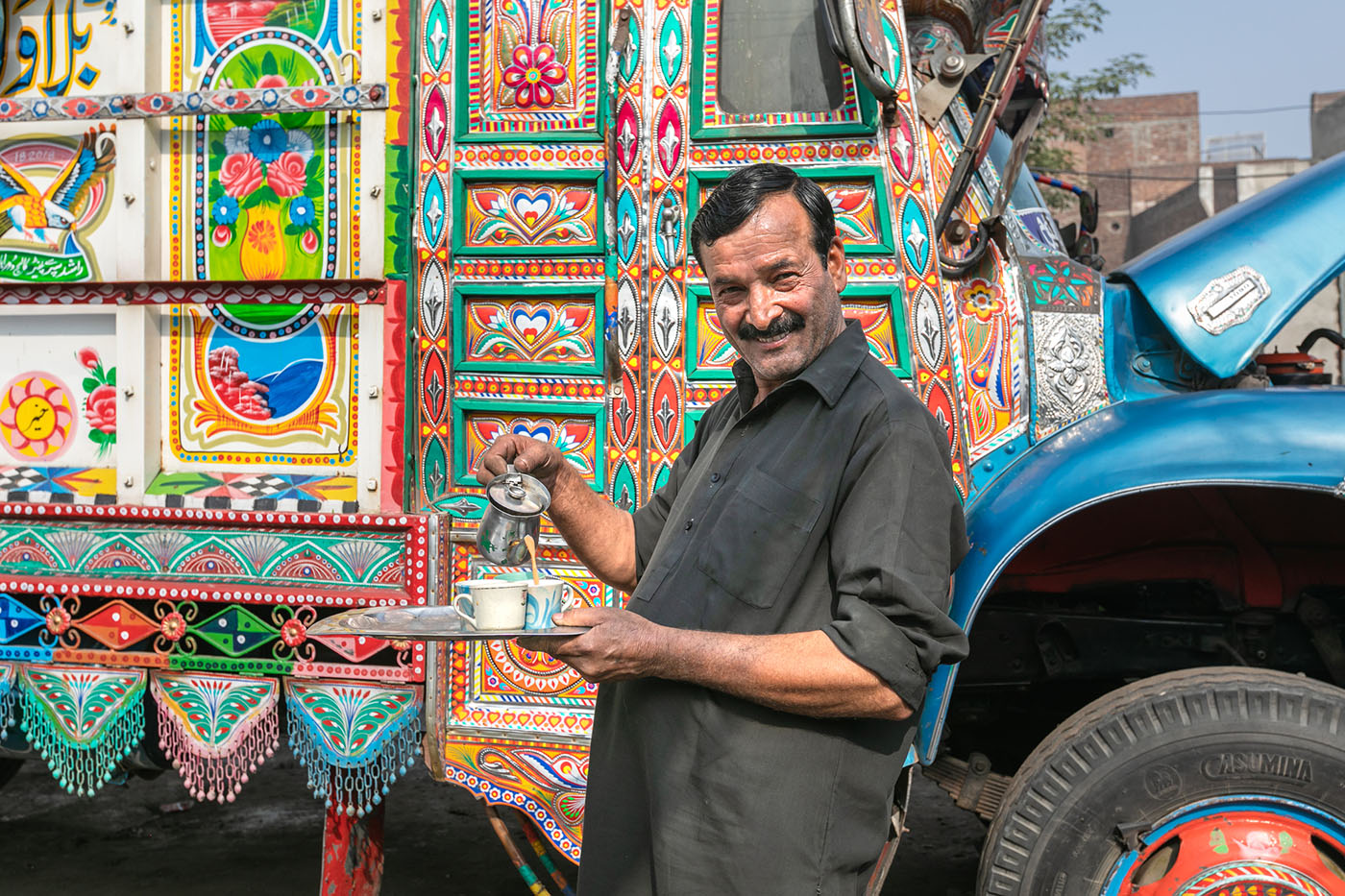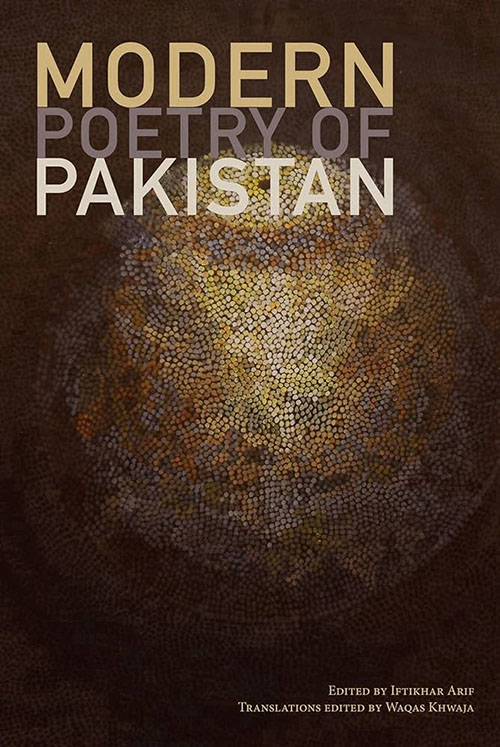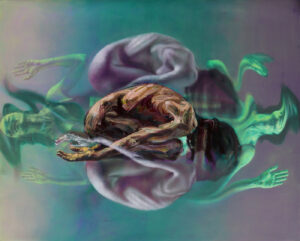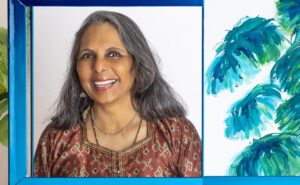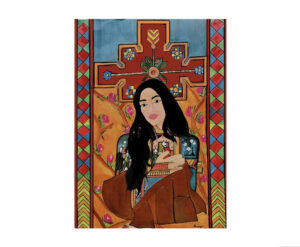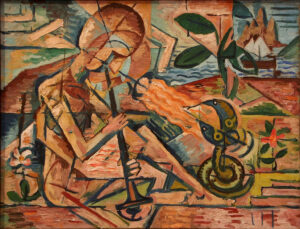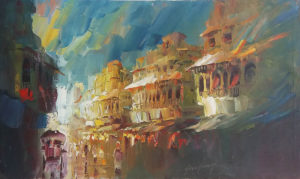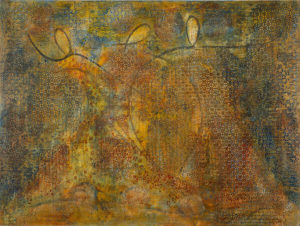The first anthology of its kind to appear in English, Modern Poetry of Pakistan brings together not one but many poetic traditions indigenous to Pakistan, with 142 poems translated from seven major languages, six of them regional (Baluchi, Kashmiri, Panjabi, Pashto, Seraiki, and Sindhi) and one national (Urdu). Collecting the work of forty-two poets and fifteen translators, this book reveals a society riven by ethnic, class, and political differences—but also a beautiful and truly national literature, with work both classical and modern, belonging to the same culture and sharing many of the same concerns and perceptions.
Tanveer Abbasi

Munir Niazi
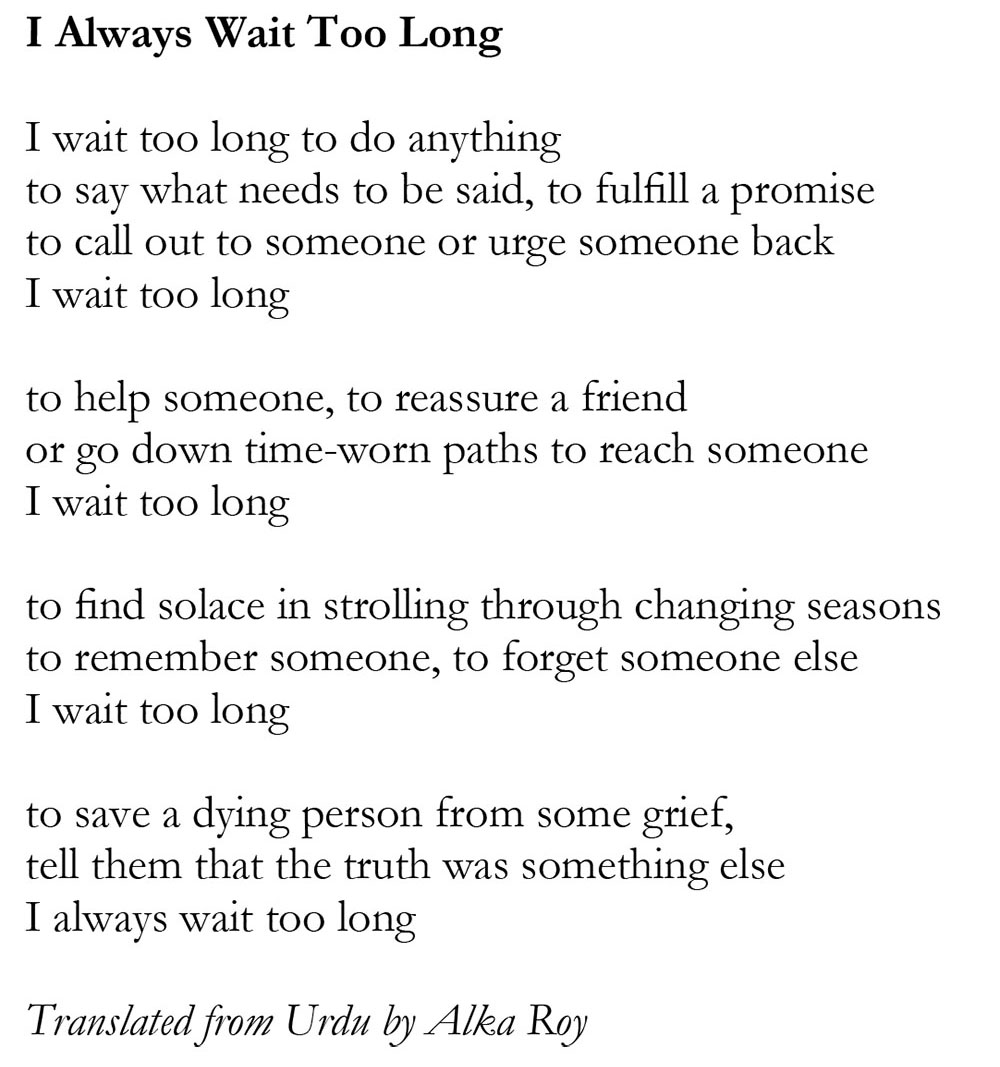
Fahmida Riaz
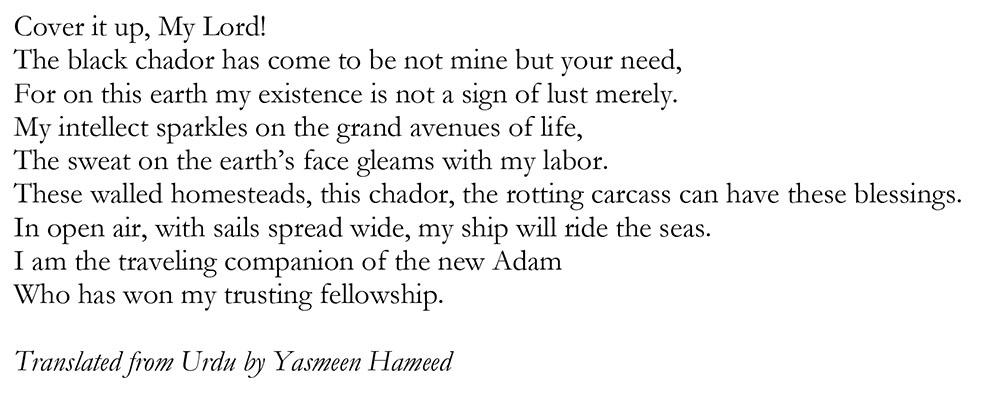
Yasmeen Hameed
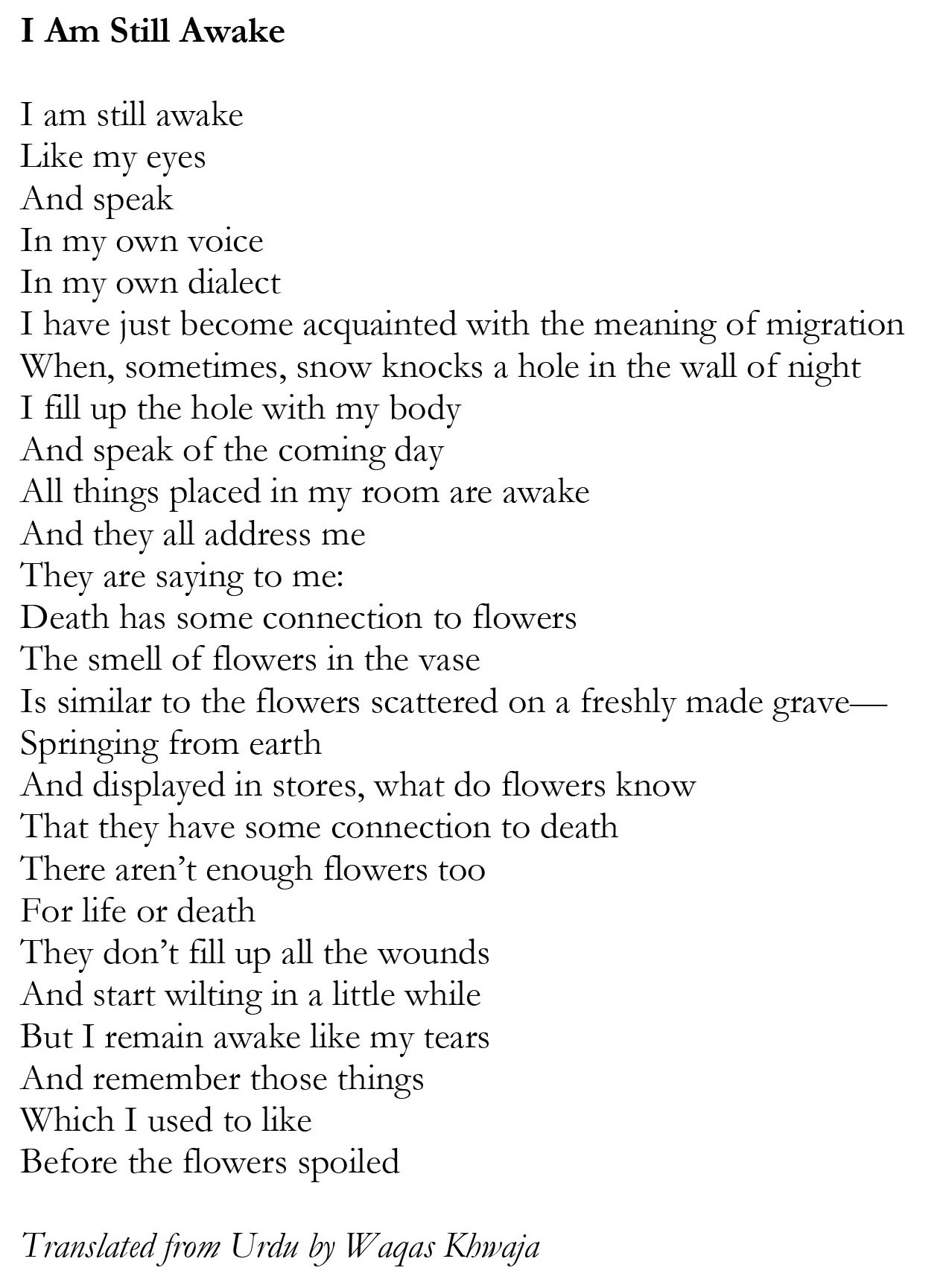
Abbasi, Tanveer (1934–1994) was a medical doctor by profession. His first collection of Sindhi poetry was released in 1958. In addition to several collections of poems, he also published critical essays and translations. He served a number of literary and academic institutions of Sindh in various administrative and teaching capacities and was for many years on the faculty of literature at Khairpur University. He died in 1994 in Islamabad.
Niazi, Munir (1928–2007) was one of the most significant and influential of contemporary Urdu poets who also published a brief collection of his Punjabi poetry that was just as well appreciated. His short poems evoke the uncanny, mingling the real and the unreal to create a strangely enticing sense of dismay and apprehension. Collections of his Urdu poetry include Teiz Hawa aur Tanha Phool, Jungle Main Dhanak, Dushmanoon Kay Darmayan Sham, Mah-i-Munir, Chay Rangeen Darwaze, Aghaz-i-Zamistan Main Dobara, Sa’at-i-Sayyar, Pehli Baat He Aakhri Thi, Aik Dua Jo Main Bhool Gaya, Sufaid Din Ki Hawa, Siah Shab Ka Samandar aur Sufaid Din Ki Hawa, Aik Musalsal, Us Bewafa Ka Sheher and Muhabbat Ab Nahi Ho Gi. Kulliyat-i-Munir is a compilation of his collected works. The Government of Pakistan awarded him the President’s Pride of Performance in 1992 and the Sitara-e-Imtiaz in 1998. He was also conferred the Lifetime Achievement Award by the Pakistan Academy of Letters in 2002. He died in Lahore in 2007.
Riaz, Fahmida (1946–2018) was born in Meerut (British India). She is acknowledged to be in the front rank of modernist Urdu poets and one of the strongest feminist voices in the language. Deeply engaged with the issues of language and the working people, she preferred to write in a colloquial, sometimes even rustic, diction and avoided the more formal Persianized expression. Her works include Pathar Ki Zuban, Badan Durida, Dhoop, Kiya Tum Poora Chand Na Daikho Gay?, Apna Jurm Sabit Hai, Hamrakab, and Adhoora Adami. Her translations from the works of iconic Sindhi poets Shah Abdul Latif Bhitai and Shaikh Ayaz, as also of Rumi’s Masnavi, in Urdu have received widespread appreciation from literary experts and readers alike. However, Fahmida Riaz was forced into exile because of her bold and liberal views by the military dictator Gen. Zia-ul-Haq, and found refuge in India frow where she was only able to return seven years later after Zia died in a plane crash. Fahmida was the recipient of the President’s Pride of Performance in 2010, the Pakistan Academy of Letters’ Kamal-e-Fun Award in 2014, and many other honors.
Hameed, Yasmeen (1951– ) is a celebrated poet, critic, translator and educationist. Her work demonstrates an exquisite facility in both the classical and the modernist idiom. Her collections of verse include Pas-i-Aaina, Hisar-i-be Dar-o- Diwar, Aadha Din aur Aadhi Raat, Fana bhi ek Saraab, and Doosri Zindagi. She has translated a wide range of Urdu poetry into English as also the work of some notable poets from South Asian languages into Urdu. Yasmeen Hameed set up the Gurmani Centre for South Asian Languages and Literature at the Lahore University of Management Sciences and ran it for ten years as its founding director with great distinction. She received the Allama Iqbal Award for her collection of poems Aadha Din aur Aadhi Raat and has won almost all the top literary honors and awards of the country for her countless contributions to poetry, translation, literary criticism, and education in Pakistan. She lives and works in Lahore.



